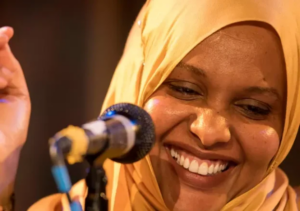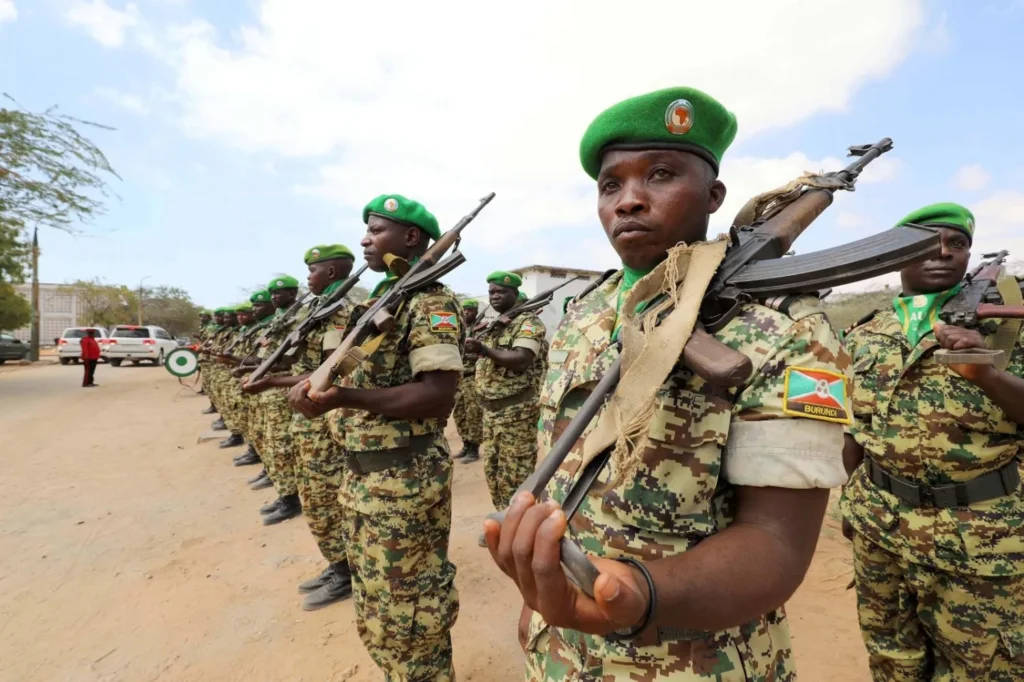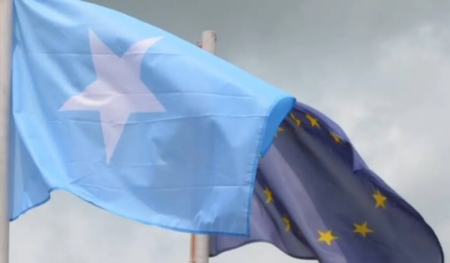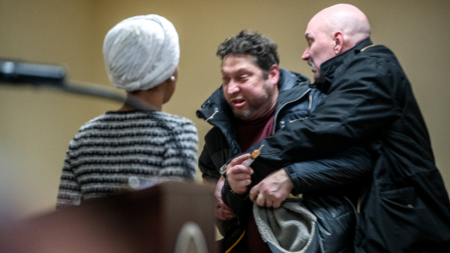Somalia continues to face a mounting security threat from the militant group Al-Shabaab, and African leaders are urgently calling for increased international funding for African Union forces in the country.
The push for more support comes as fighting intensifies and Somalia’s own security forces prepare to take on greater responsibility for national defense.
African Union Forces Still Face the Same Old Challenges
At the start of 2025, the African Union’s Support Mission in Somalia (AUSSOM) officially replaced the African Union Transition Mission in Somalia (ATMIS), whose mandate ended in late 2024.
AUSSOM was created through a UN Security Council resolution to help Somalia combat Al-Shabaab, build security institutions, and support a gradual transfer of security responsibilities to the Somali National Army.
However, despite the fresh mandate, AUSSOM faces serious funding gaps that threaten its ability to operate effectively. Without sufficient resources, the mission risks losing hard-won security gains achieved over the past decade.
Kenya Links Its Security to Somalia’s Stability
Speaking at a diplomatic briefing in Nairobi, Kenyan Foreign Minister Musalia Mudavadi emphasized that Kenya’s security is directly tied to Somalia’s stability.
He reiterated his country’s commitment to AUSSOM but warned that international donors must step up. “The mission cannot succeed without sustainable financial and logistical support,” he said.
Kenya, Ethiopia, Djibouti, and Uganda all contribute troops to Somalia.
African Union forces play a vital role in supporting Somali units on the ground, but budget shortages mean fewer troops, less mobility, and weaker air and logistical support—creating potential openings for Al-Shabaab.
Regional Leaders Unite to Support Somalia
Somali President Hassan Sheikh Mohamud recently hosted a high-level meeting in Ethiopia’s Goba city with leaders from Kenya, Ethiopia, Djibouti, and the African Union Commission.
The summit focused on securing long-term financial commitments for the African Union forces and strengthening regional cooperation on security.
All participants stressed the need for predictable, multi-year funding to help Somalia finish building its national army, which is expected to gradually replace African Union forces over the next several years.
International Donors Under Pressure
Historically, Somalia’s peace missions have relied on heavy support from the UN, the EU, and the United States.
But with ongoing wars in Ukraine and Gaza, and global economic pressures, international donors are less willing to fund open-ended military operations.
Analysts warn that the current “funding fatigue” could undermine AUSSOM’s effectiveness and allow Al-Shabaab to regroup.
Abdiwali Bari Jama, an African affairs expert, noted that donors are shifting toward conditional or technical assistance—such as training, intelligence, and logistics—rather than large-scale military funding.
The Cost of Inaction
Insufficient funding means that the African Union Forces “AUSSOM” may not be able to conduct the same level of field operations, leaving fewer troops on the ground and weaker support for Somali forces.
Security analysts warn that this could create a dangerous vacuum, particularly in rural areas, that Al-Shabaab could exploit to expand its influence.
This puts even greater pressure on Somalia’s army to accelerate its own training, equipping, and coordination with regional states.
A Decade of International Support
Over the last 10 years, international and regional partners—including the African Union, the UN, and countries such as Kenya, Uganda, and Ethiopia—have provided billions of dollars to support peace operations in Somalia.
ATMIS and its predecessor, AMISOM, helped Somali forces retake key towns, protect major roads, and train thousands of soldiers.
But sustaining these achievements requires continued investment.
Without predictable funding, progress made since 2011 could unravel, leaving Somalia and the region vulnerable to renewed instability.
African Union Forces Play A Crucial Rule in the Somali Transition
Somalia’s partners face a clear choice: invest in AUSSOM now to secure long-term stability, or risk losing more later to insecurity and displacement.
For Somalia, the stakes are high.
As President Hassan Sheikh Mohamud stated, “African Union forces will play a crucial role during this transition period, but we must prepare our national forces to take over.”
The coming months will test whether the international community is willing to back Somalia’s fight against Al-Shabaab with the sustained resources needed to finish the job.








